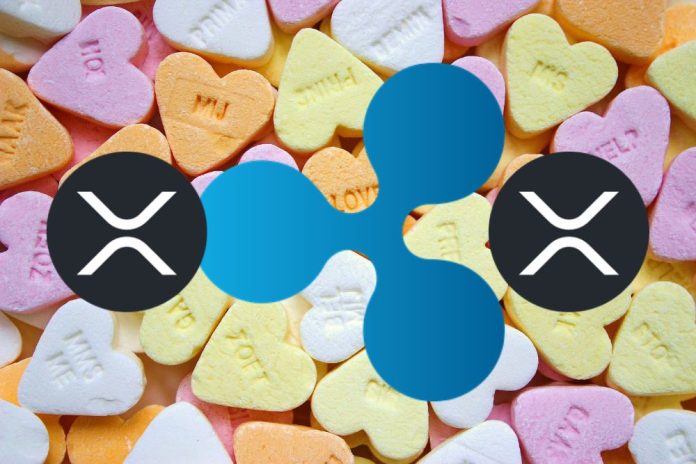The digital currency XRP has attracted significant attention due to its unique regulatory status within the United States.
Good Morning Crypto, a pseudonymous analyst, in a post on X, stated that, unlike other cryptocurrencies, XRP stands out as the only digital asset to have achieved clarity from two major U.S. regulatory bodies: the Financial Crimes Enforcement Network (FinCEN) and the Securities and Exchange Commission (SEC).
This dual recognition establishes XRP in a distinctive position within the U.S. cryptocurrency ecosystem, setting it apart from other digital assets that grapples with regulatory uncertainty.
FinCEN’s Recognition of XRP as a Virtual Currency
In 2015, FinCEN, a bureau of the U.S. Department of the Treasury, recognized XRP as a “virtual currency.” This recognition came as part of an enforcement action where Ripple Labs, the company behind XRP, was penalized for violations of the Bank Secrecy Act (BSA).
FinCEN assessed a civil money penalty of $700,000 against Ripple Labs and its subsidiary, XRP II. The violations were related to Ripple’s failure to implement adequate anti-money laundering (AML) controls, which are critical for ensuring that financial institutions and money services businesses prevent the illicit use of their platforms.
The 2015 settlement with FinCEN also involved a forfeiture of $450,000 by Ripple Labs, which was directed to the U.S. Attorney’s Office for the Northern District of California (USAO-NDCA). This forfeiture partially satisfied FinCEN’s penalty, with Ripple Labs paying the remaining $250,000 directly to FinCEN.
This case marked a significant moment in the history of XRP, as it provided a clear classification of XRP as a virtual currency under U.S. law, at least from the perspective of FinCEN.
SEC’s Legal Judgment: XRP Not a Security
Fast forward to 2023, XRP once again found itself at the center of a high-profile regulatory discussion, this time with the SEC. The SEC filed a lawsuit against Ripple Labs, alleging that XRP was an unregistered security and that Ripple had violated federal securities laws by selling XRP to investors.
The crypto industry closely watched followed the case due to its potential to set a precedent for how other cryptocurrencies would be classified under U.S. securities laws.
However, in a landmark decision, the court ruled that XRP is not a security under federal law. This ruling was significant because it directly contradicted the SEC’s allegations and provided much-needed clarity regarding XRP’s status.
The court’s decision did not entirely absolve Ripple Labs of the charges, as it still found that certain sales of XRP did violate securities laws.
However, the classification of XRP as a non-security was a pivotal moment, as it differentiated the token from other cryptocurrencies that have faced similar legal challenges.
We are on twitter, follow us to connect with us :- @TimesTabloid1
— TimesTabloid (@TimesTabloid1) July 15, 2023
The Implications of Dual Regulatory Clarity
XRP’s dual regulatory clarity from FinCEN and the SEC places it in a unique category within the U.S. cryptocurrency landscape. This dual recognition provides a level of certainty that is rare among digital assets, many of which are still navigating the complexities of U.S. financial regulations.
For investors and businesses that use or are considering using XRP, this clarity reduces the risk of legal challenges related to its classification and use, potentially making XRP a more attractive option compared to other digital currencies.
Moreover, XRP’s regulatory journey highlights the evolving nature of cryptocurrency regulation in the United States. As the industry grows, other cryptocurrencies may learn from XRP to achieve regulatory clarity.
Disclaimer: This content is meant to inform and should not be considered financial advice. The views expressed in this article may include the author’s personal opinions and do not represent Times Tabloid’s opinion. Readers are urged to do in-depth research before making any investment decisions. Any action taken by the reader is strictly at their own risk. Times Tabloid is not responsible for any financial losses.
Follow us on Twitter, Facebook, Telegram, and Google News


